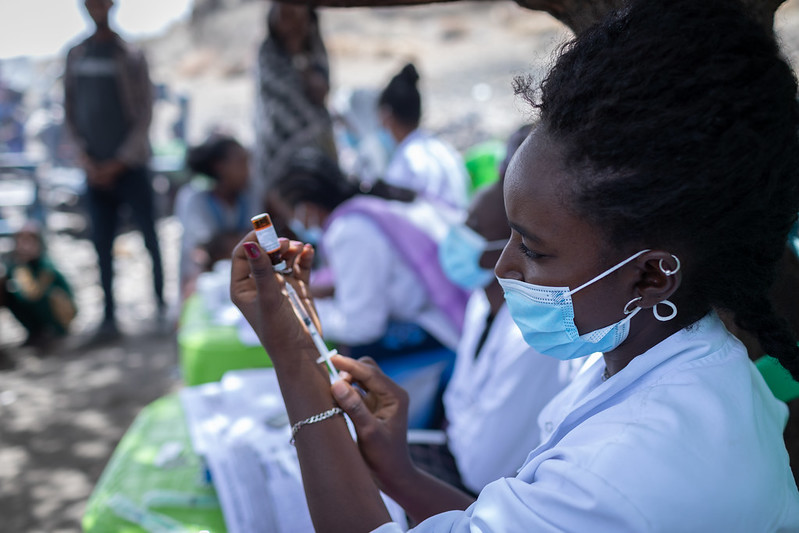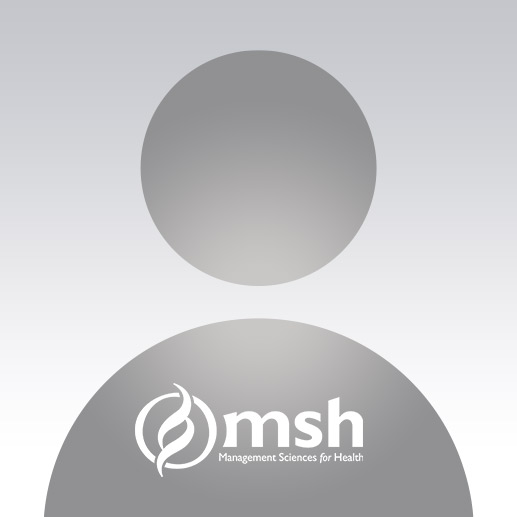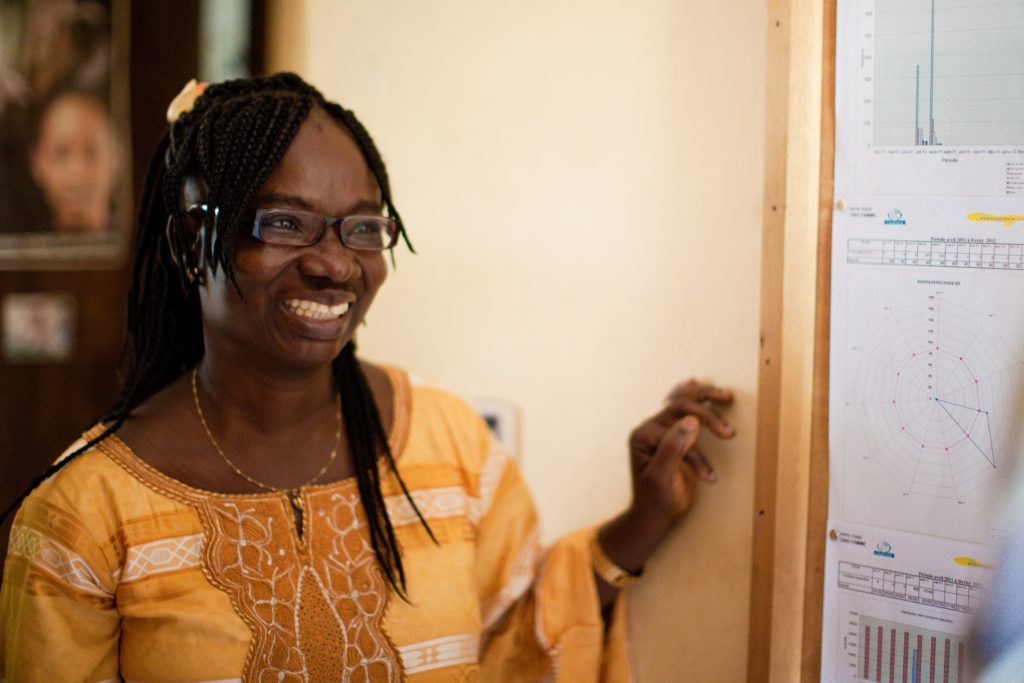USAID Ethiopia Health Resilience Activity
USAID Ethiopia Health Resilience Activity

Overview
Public health emergencies are brought on by a range of factors, from sociopolitical instability to the rapid spread of infectious diseases. Managing and overcoming these periods of upheaval requires strong leadership and effective response plans at both the local and national levels. In Ethiopia, a multitude of emergencies threaten the lives and well-being of families each year. The country has implemented high-quality disaster risk management and emergency strategies at the federal level. But in the communities where Ethiopians live, capacity to access and manage federal resources and implement national plans remains limited. As a result, essential health services are often interrupted during emergencies, with morbidity and mortality increasing not only because of the public health emergency but also because people cannot obtain the health services they need for routine care.
The USAID Ethiopia Health Resilience Activity is a five-year project that aims to address this gap by empowering local teams to build emergency preparedness and response plans that can be implemented and sustained at the community level. MSH, in partnership with the Ethiopian Red Cross Society, will work with local governments, communities, civil society, and the private sector to strengthen local capacity to detect, prepare for, respond to, and mitigate the impact of public health emergencies. This will help in achieving the project’s 90-90 goal, where 90% of epidemics in supported areas will be controlled to meet acceptable mortality rates and 90% of health facilities will maintain essential services during emergencies.
Our approach is designed to:
- Amplify local leadership, resilience capacity, and community engagement for public health emergency management
- Engage the whole of society and whole of health care system for improved preparedness, response, and recovery; maintenance of essential health services during emergencies; and local commitment, resources, and investments for public health emergency management
- Apply surveillance plus diverse data from multiple sectors for early identification and action
A Culture of Readiness and Local Agency: MSH’s Position on Pandemic Preparedness and Response
hrough establishing a culture of constant readiness and strengthening local agency, MSH is helping countries implement strong and sustainable pandemic preparedness and response plans that will save lives.
Management Sciences for Health and the Ethiopian Red Cross Society to Bolster the Country’s Response to Health Emergencies
The five-year, USAID-funded Ethiopia Health Resilience Activity aims to help Ethiopia build a local-level culture of preparedness and effective response to public health emergencies.

Dr. Asaminew Girma Woldeamanuel
Chief of Party
Project Contact
Dr. Asaminew Girma Woldeamanuel, MD, MPH, is the Chief of Party for the USAID Ethiopia Health Resilience Activity being implemented by MSH and ERCS. Dr. Girma is a passionate and experienced public health professional with more than 30 years of experience in international public health development, health systems strengthening, and public health emergency management planning and response. He has worked under diverse socio-cultural environments and demonstrated strong partnership management skills with government health managers and other stakeholders for effective emergency response.
Recently, Dr. Girma served as the Project HOPE country representative and senior technical advisor in Malawi, where he led emergency response efforts, provided technical nutritional support, and managed system strengthening activities. He has provided extensive technical leadership and guidance as the HIV treatment QI/QA advisor for USAID Malawi, supervisory public health advisor for SI for USAID Nigeria, and deputy HIV and AIDS team lead for USAID Ethiopia. He previously worked at MSH as the MEL and quality management advisor for the USAID HIV and AIDS Care and Support Program in Ethiopia and began his career as a physician, associate researcher, and medical director at various health centers across Ethiopia. He holds a master’s degree in public health from Addis Ababa University and received his medical degree from Jimma University in Ethiopia.
